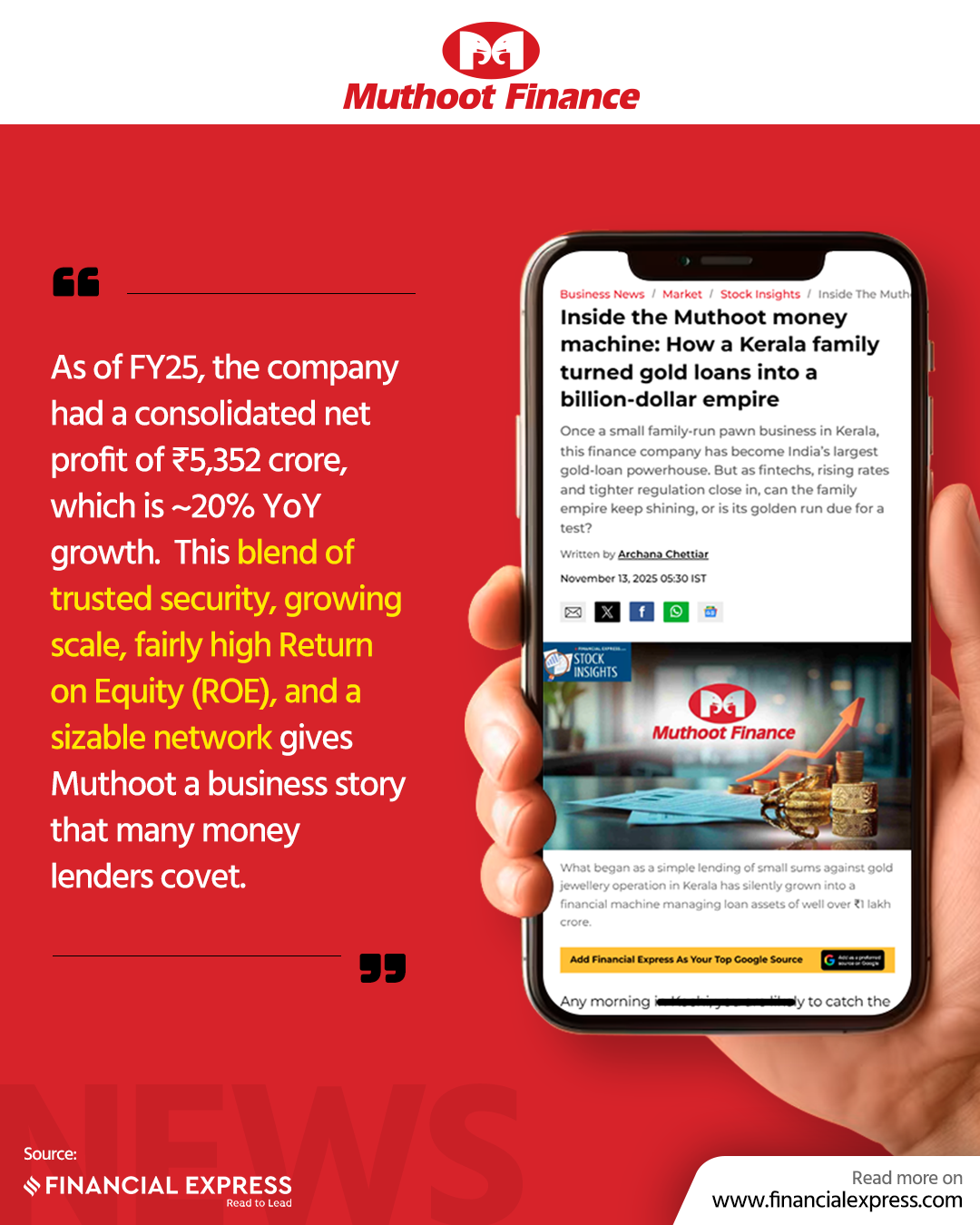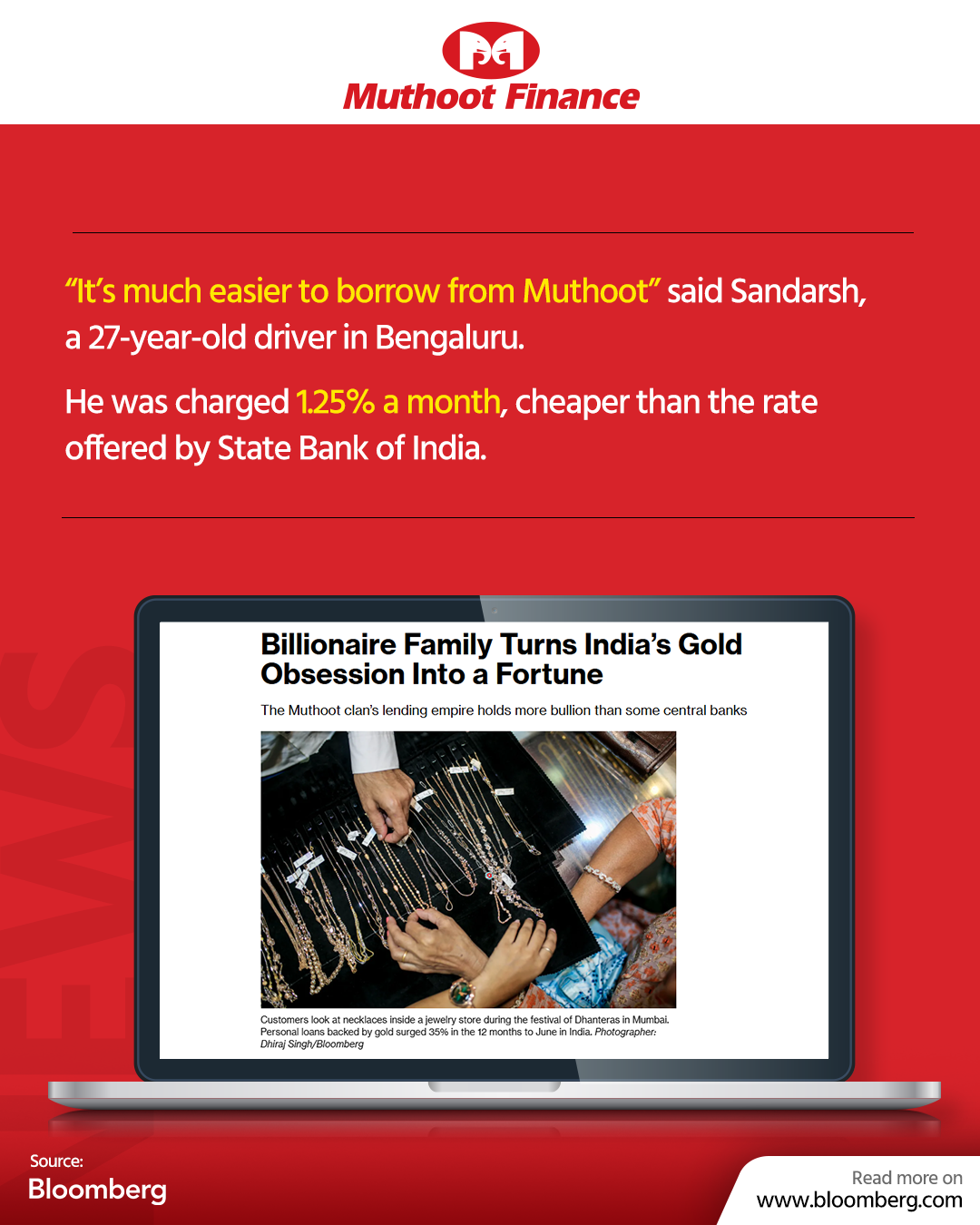Search Suggestions
- Gold Loan
- Money Transfer
- Mutual Funds

What is KYC? Meaning, Types, and Importance
Nowadays, when most companies are taking the digital route for acquiring, servicing, and retaining customers, information about customers and their backgrounds has become critical. Digitalization has also brought about a slew of nefarious individuals and organizations that exploit financial organizations for illegal gains. The quality of data of a financial institution’s customers is often the defining factor in how well the institution is prepared against these suspicious and illegal activities. So, what exactly is KYC? KYC is ‘Know Your Customer' or ‘Know Your Client’. Obtaining KYC documents such as identity and address proofs is a standard operating procedure when you apply for a financial product or service. It is a legally mandated due diligence process of verifying the authenticity of a prospective customer via offline or online KYC checks. The Prevention of Money Laundering Act (PMLA) was passed in 2002 to ensure that banks, FI’s, and their intermediaries follow certain minimum KYC and Anti Money Laundering (AML) standards. This helps financial institutions, post offline or online KYC verification, to accept only the right kind of customers.
What is KYC in Banks and Loan Companies?
KYC in banks is a process where banks obtain information about their customers’ identities thereby ensuring that bank services and government regulations are not misused. Customers are mandated by law to submit genuine identity and address documents before opening an account. If the customer is a non-individual entity such as a private limited company, additional documents may be required. Documents pertaining to the list of directors and authorized signatories, individual KYC of directors and authorized signatories, nature of business, the legal status of the entity, etc may be asked for.
KYC documents accepted for loans are similar to the ones required by banks. However, depending upon whether you are applying for a gold loan, personal loan, vehicle loan or any other loan, additional documents may be required. For personal loans, to meet the eligibility criteria, income proofs, ITRs, and bank statements may be required as it is an unsecured loan. Some lenders also offer instant loans without KYC. These are unsecured loans like personal loans that levy very high interest rates.
Acceptable KYC Documents
The list of acceptable identity and address proofs to open an account or apply for a loan is almost the same. These documents are required to be submitted as hard or scanned copies depending upon the type of KYC. Post submission, the documents are subjected to offline or online KYC checks. As per RBI, only Officially Valid Documents (OVDs) are accepted for KYC. Some of the standard OVDs for identity and address proof are listed below. For the complete list of KYC documents, you can visit the RBI website.
For Identity Proof
- Aadhaar card, PAN card, voter’s ID, passport, or driving license.
- A document with a photograph issued by the State or Central Governments.
- An identity card that is issued by scheduled commercial banks, public sector undertakings, or any public financial institutions.
For Address Proof
- Aadhaar Card, Voter’s card/Passport/Driving License/ Registered Sale Agreement is required or Lease on residence/Maintenance bill of the flat
- Electricity, gas connection, telephone, and water bills
- Address proof issued by any of the following entities: the bank managers of Scheduled co-operative banks/scheduled commercial banks/ Gazetted Officers/ Multinational Foreign Banks/Notary public/Documents issued by any Statutory Authority or government/any representatives that have been elected to the Legislative Assembly or Parliament.
Types of KYC Verification
For the ease of doing business for both the customer and bank/NBFC, the process of KYC documentation and verification has been simplified.
Importance of KYC
A great deal of importance is laid on compliance with KYC guidelines and regulations. Good compliance with KYC helps in:
Muthoot Finance
As a responsible and regulatory-compliant organization, Muthoot Finance takes the KYC process very seriously. It is committed to educating customers and helping them make informed decisions. Not only gold loans, Muthoot Finance has many vehicle loan offers too.
-
Aadhaar-Based KYC: This is an online KYC verification process, also known as e-KYC. Here, the you need to upload a scanned copy of their original Aadhaar card, details of which are verified through an online KYC check.
-
In-Person KYC: This is an offline mode of KYC verification. In this, you have to either visit a KYC registration desk to authenticate your identity using Aadhaar biometrics or request the bank or lender to send an executive to carry out the process.
- Limiting and mitigating financial frauds, money laundering, terrorism financing, and other illegal activities.
- Avoiding severe reputational and financial penalties imposed by regulators.
- Establishing the customer’s legal identity and thus, preventing identity thefts.
- Performing customer risk assessment by verifying KYC documents for loans and other financial products and services.
- Mitigating risk by performing periodic due diligence assessments of the customer profile.
CATEGORIES
OUR SERVICES
-

Credit Score
-

Gold Loan
-

Personal Loan
-

Cibil Score
-

Vehicle Loan
-

Small Business Loan
-

Money Transfer
-

Insurance
-

Mutual Funds
-

SME Loan
-

Corporate Loan
-

NCD
-

PAN Card
-

NPS
-

Custom Offers
-

Digital & Cashless
-

Milligram Rewards
-

Bank Mapping
-

Housing Finance
-

#Big Business Loan
-

#Gold Loan Mela
-

#Kholiye Khushiyon Ki Tijori
-

#Gold Loan At Home
-

#Sunherisoch
RECENT POSTS

Understanding KDM Gold and Why it’s Banned
Know More
Gold loan boom: 3,000 new branches to open in India in 12 months
Know More
Gold Loan Boom: Rs 14.5 lakh crore market spurs NBFCs to add 3,000 branches
Know More
How BNPL Affects Your Credit Score
Know More
Inside the Muthoot money machine: How a Kerala family turned gold loans into a billion-dollar empire
Know More
Billionaire Family Turns India’s Gold Obsession Into a Fortune
Know More
What is a Cheque and its Different Types in India?
Know More
Benefits of Paying Your EMIs on Time: Why Timely Payments Matter
Know More
A Complete Guide to Report Online Fraud
Know More
How does a Personal Loan Affect your Credit Score?
Know MoreFIN SHORTS

What Are Co-Pay and Deductibles in Insurance Policies?
Know More
Should You Take a Loan Against Your Mutual Fund or SIP?
Know More
Top 5 Best Mid-Cap Mutual Funds to Watch in 2026
Know More
Are Personal Loans Right for Retirees? Key Points to Consider
Know More
What Happens to a Personal Loan After the Borrower Dies?
Know More
Best Loan Choices for Credit Scores of 580 and Below
Know More
7 Reasons Why a Gold Loan Is the Best Option for Small Businesses
Know More
10 Reasons Why People in India Prefer Physical Gold
Know More
Real Estate vs Gold: Which Is a Better Investment in India?
Know More
10 Common Mistakes That Make Investors Lose Money in Mutual Funds
Know More
10 Reasons Why Gold Has So Much Appeal in Uncertain Times
Know More
7 Ways Settling Debt Can Impact Your CIBIL Score
Know More- South +91 99469 01212
- North 1800 313 1212





